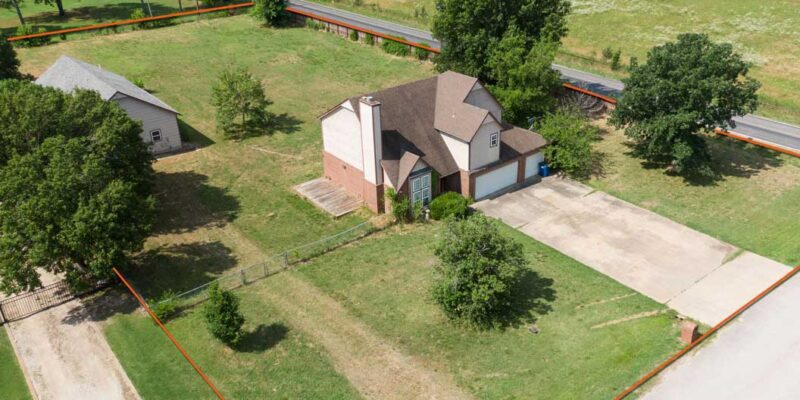Wondering how to unlock your real estate’s maximum value without the traditional hassle of waiting and hoping that your agent brings you an offer?
Real estate auctions flip the script. Time is literally money. Every day a property sits unsold chips away at its value. Instead of waiting and hoping facing low-ball bids and drawn-out negotiations—auction sellers gain a clear, competitive sales path. Auctions create urgency, spark buyer competition, and ensure transparency. Most properties sell in 45 days or less, often exceeding expectations. For sellers seeking both speed and top dollar, the auction block is where momentum turns into maximum value.
Lightning-Fast Sale Timeline
One of the most compelling advantages of property auctions is speed. Unlike traditional listings that can stretch over months, auctions secure a quick, binding sale:
- Once the gavel falls, the sale is legally binding, eliminating prolonged negotiations or invisible buyer chains. Sellers typically close within 30 days.
- Traditional sales, in contrast, can take several months from listing to closing.
This defined timeline benefits anyone looking to move quickly—like downsizing, relocating, or unlocking liquidity.
Transparent, Competitive Bidding = Potentially Higher Prices
Auctions create a public, competitive environment that can drive prices upward:
- With open bidding, all participants see the current high bid, encouraging upward momentum.
- This urgency and competition often help properties achieve market-driven pricing—sometimes even top-dollar outcomes.
Certainty & Qualified Buyers
Auctions attract buyers who are serious and prepared:
- Buyers typically arrive auction-ready—they’ve reviewed legal packs, secured financing, and understand the terms. That means post-auction dropouts are rare.
- This level of preparedness minimizes deal collapse and enhances transaction certainty.
Controlled, Predictable Timing
Auctions offer sellers more control over timing than traditional listings:
- You select the auction date upfront, and assuming a sale, the closing follows swiftly—typically within 30–45 days.
- Traditional listings, by contrast, often lack timing certainty, with open-ended marketing and negotiations dragging beyond expectations.
Drawbacks to Consider
A balanced approach recognizes some limitations of auctions:
- Sales outcomes can be unpredictable; there’s no guarantee the final bid meets expectations.
- Auctions come with fees and less room for negotiation—so sellers must weigh those costs.
Benefits vs. Limitations
| Auction Benefits | Traditional Listing Limitations |
| Fast, binding sale (28–45 days) | Long, uncertain timelines |
| Transparent, competitive bidding | Opaque, back-and-forth deals |
| Prepared, committed buyers | Unsure buyer interest; fall-through risk |
| Seller controls timeframe | Market-driven, undefined timeline |
| Potentially higher sale prices | Negotiation often capped by offers |
Why CJ Auctions Is Your Best Auction Partner
At CJ Auctions, we leverage these auction advantages—speed, transparency, competition, and buyer readiness—to deliver top-dollar outcomes on ranches, lake homes, and commercial properties. Our marketing precision, seasoned auctioneers, and thorough preparation help sellers outperform traditional listing expectations.
Ready to sell faster—without sacrificing value?
Contact CJ Auctions today.










